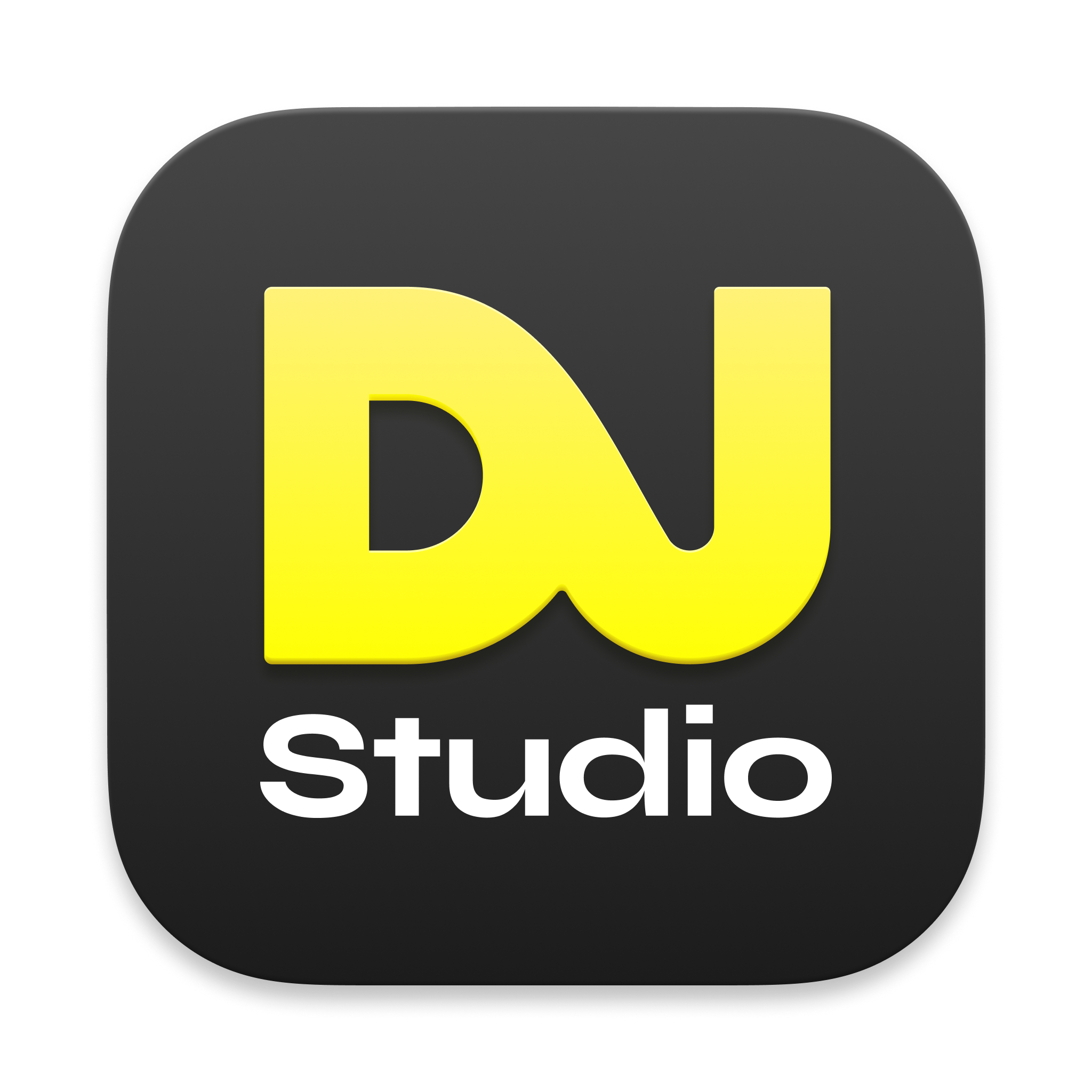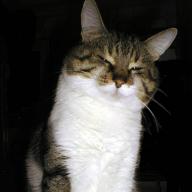Hey everyone from Ukraine!
I am not a musician and I do not have a special musical education, I am an embedded systems engineer. But my hobby is developing real-time music visualization technology. When listening to a piece of music, I decided for myself that I wanted to have a device that, with minimal settings (or without any settings at all) for me, could create a light show. I, as a consumer, want to just come after work, turn on the music, sit on the sofa and relax, listen to music and enjoy light visualization.
I talked a lot with show business specialists who create light shows, and they convince me that such tools cannot be created. But you yourself understand that for me, as a consumer, it makes no sense to buy a lighting console, so that later I can sit and program some kind of lighting composition on a music track I like.
It is necessary for me that the visualization device, on its own, no matter how many times I listen to a music track, so many times create a new light show for me and which would not bother me.
Believe me, I designed a lot of different visualization tools, and they did not suit me at all, I came to understand that the problem lies in the lack of a theory on the basis of which it was possible to create such tools. Then for myself, on my primitive principles of understanding music, I created for myself such a theory. When constructing visualizers, I analyzed the result and made adjustments to my understanding of the connection between light and music.
The technology itself, I call RTMV-technology. Initially, RTMV-technology was developed as a 2D visualization option. But to create a full-fledged 2D prototype, today, for me, it turned out to be quite expensive to manufacture. Therefore, an attempt was made to a simplified version - 1D visualization. The idea was to get a relatively inexpensive instrument that you can simply connect an audio signal to and enjoy the light images while listening to music.
This project was called CLUBBEST and was originally focused on club music, but as time has shown, it is suitable for visualizing any piece of music. Of course, there are many limitations associated with the use of inexpensive components and the use of an MCU with low performance, but even in this case, I received and continue to receive positive feedback. For me, the most inspiring feedback is when I read in the comment: “I saw the music.” Yes, I created this technology in order to see music. And I get such feedback all the time, as the technology development process progresses.
The technology allows the creation of fully autonomous intelligent electronic devices that can create a visual arrangement of a piece of music in real time. For this technology, there is no need for preliminary creation of a light composition, the technology is focused on automatic processing in real time.
My opinion is that this technology can be used to create lighting consoles with a completely different approach to light shows, or by adding a control core to modern consoles, in a real way, take them to a new level.
For me, first of all, the task was to make the connection between music and light visible, so that the viewer of the light show caught himself thinking that the sound does not come from the sound speakers, but the sound is created by the light itself.
To popularize this technology, I began to record video clips when I connect the visualization to an existing piece of music and show how the visualization corresponds to the music stream for evaluation. Please note that I am showing a visualization of the entire piece of music, I am not editing a video, I am not showing a ripped out some good moment, I am showing how the technology works in real time, with all its shortcomings associated with the technical and financial limitations that I encountered.
I must say right away that the prototypes of the devices were made two years ago, but the opportunity to show their work appeared only now.
I suggest watching demo videos and would like feedback from the community on how interested you are in this approach.
I think the most difficult option for computer processing is the processing of classical and instrumental music, here is an example of how technology copes with the processing of an instrumental composition.
In this video, an example for comparing a visualization written on a modern console by a person and a visualization created by RTMV technology in real time, in the same 3 minutes, while the composition is being broadcast.
An example of visualization of a musical Pop composition.
More demo videos can be seen in the podcast https://www.youtube.com/playlist?list=PLOZmwe3zikuEjKRgyJdcH6FsxC2ABKJyJ here you can see the prototypes of two systems - CLUBBEST M68 and CLUBBEST M100 in action.
Initially, I made CLUBBEST as a tool for my PC to listen to music. But as it turned out, it can be successfully applied to the workplace of a composer, musician, DJ, and also used as a decorative decoration for the interior of clubs, cafes, restaurants, where, as I believe, this technology can be successfully used when broadcasting music.
I love watching DJ streams , and I think that for DJs who focus on creating live music in their work, they simply need such tools. The musician should focus on the music, and the visualization system should help decorate his work with visualization and the creation of meaningful visual images.
I believe that at the current level of development, it is already possible to create a commercial instrument, in the form of an LED bar, for DJs, so that it can be used for live performances by musicians. Such an instrument can be placed in front of the DJ console or behind the DJ - to the left and right of it. I believe that light interpretation enhances the perception of a piece of music several times over.

The peculiarity of the idea itself is to give the musician the opportunity to focus on the music in a live performance, and give the visualization to electronics.
Now in the prototypes , the terminal optical device has a linear arrangement of the same type of light sources. To work with lighting fixtures that are used on stage, you need a configurator and, of course, a completely different approach to generating control data.
I am now trying with my idea to interest lighting equipment manufacturers in the development of this technology and the creation of new tools that will allow us to take a different look at the light SHOW.
But now, as I said, I'm interested to hear your opinion on how interesting this light visualization is, and how closely it expresses the theme of the musical work. I, in the latest videos on my channel, tried to collect different styles so that I could evaluate the possibility of the algorithms.
If you have any questions, feel free to ask questions, I am ready to provide more technical information to understand the very idea of such a visualization.
I will be grateful for your feedback.



